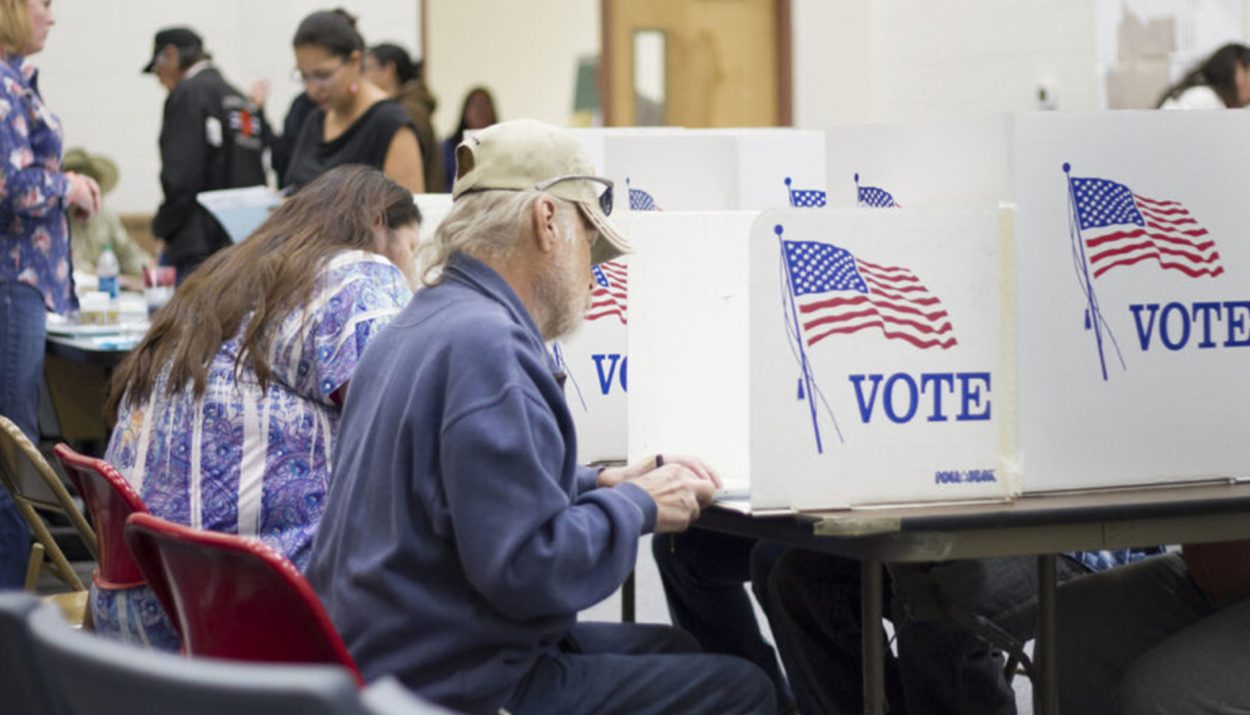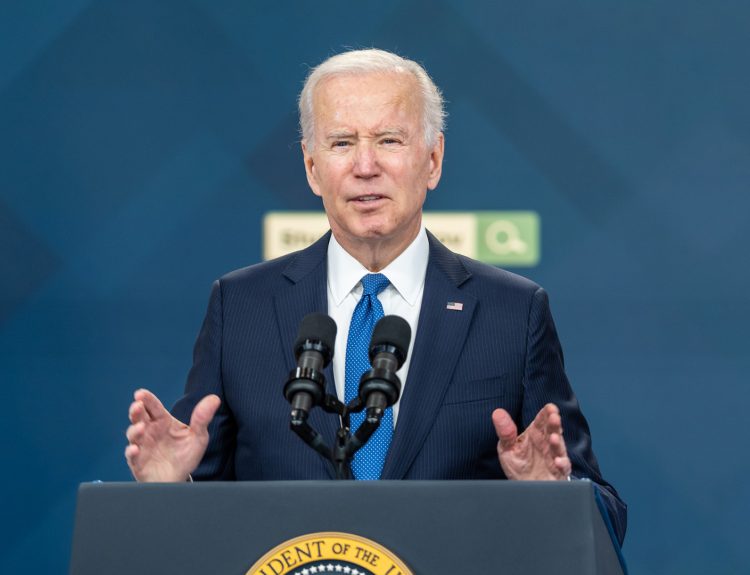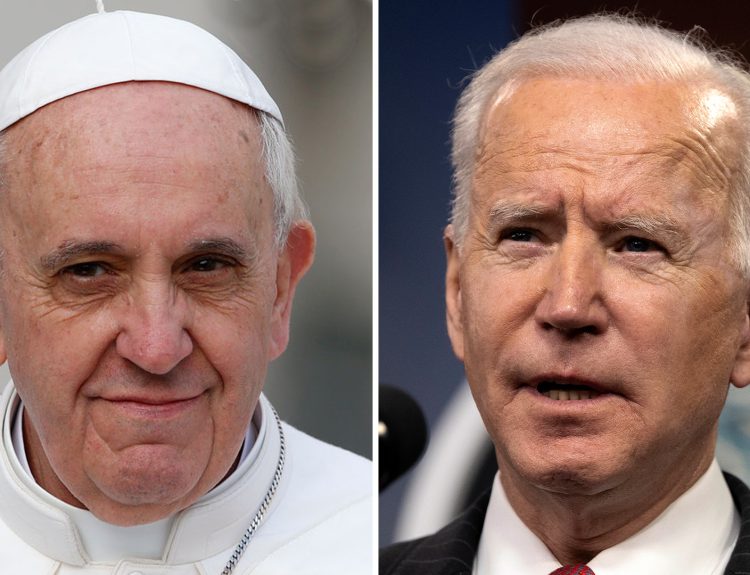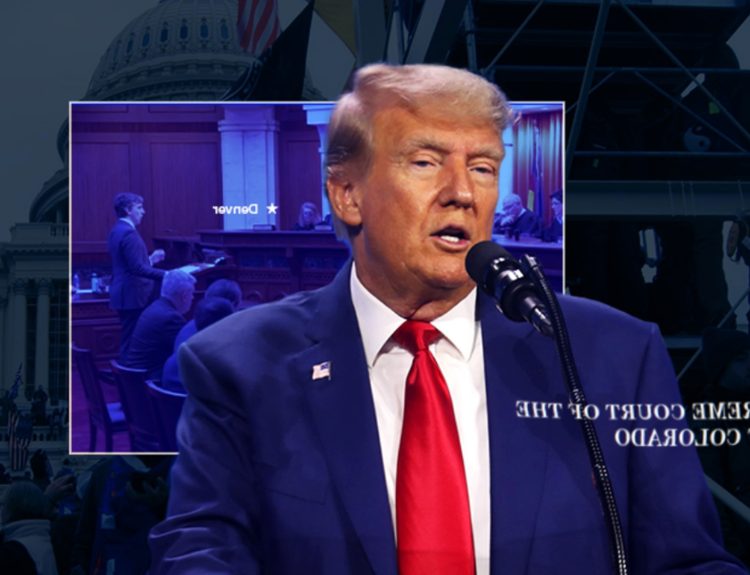San Franciscans have had enough. After years of rampant crime, homelessness and drug use plaguing their city, voters overwhelmingly approved two controversial ballot measures on Tuesday that aim to crack down on crime and drug addiction.
The measures expand police powers to conduct surveillance and require welfare recipients to be screened for drugs. Passage of the propositions, which voters approved by wide margins, signals that the tide may be turning against the city’s famously progressive politics.
Proposition E Allows Increased Surveillance and Loosened Restrictions
According to the propositions passed, Proposition E authorizes the San Francisco police to use surveillance equipment like cameras, drones and facial-recognition technology without prior permission.
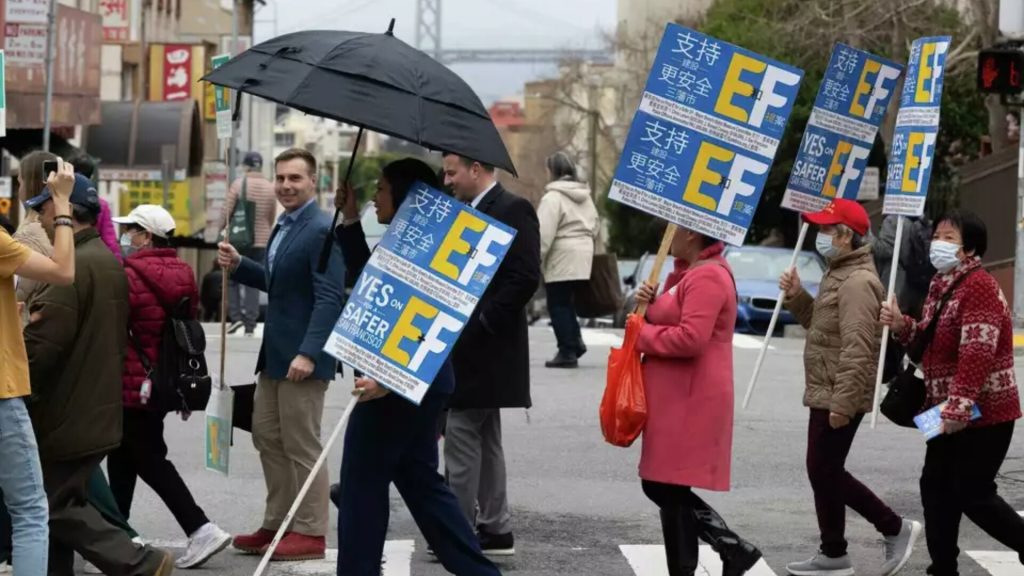
The proposition will also loosen restrictions on police chases and require that officers spend less time on paperwork and administrative duties.
Increased Surveillance
With the passage of Proposition E, the SFPD now has more freedom to monitor criminal activities in the city using advanced technology like drones and facial recognition software.
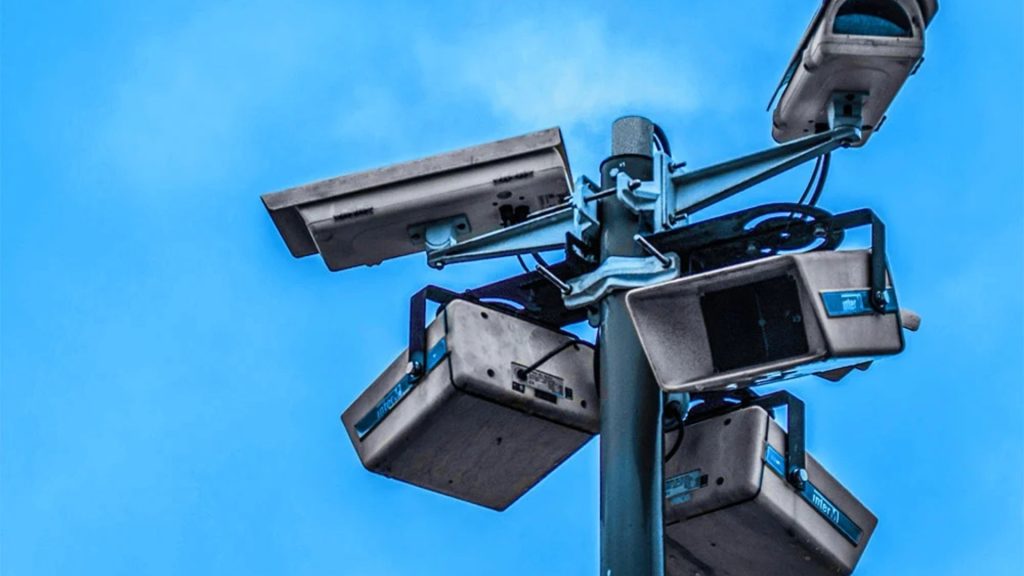
Supporters argue this will help combat rising crime rates and make the city safer. However, opponents argue this threatens citizens’ right to privacy and could lead to over-policing of minority groups.
Reduced Bureaucracy
Proposition E also aims to reduce the officers’ time on administrative tasks by loosening restrictions on police chases and paperwork requirements.

The goal is to get more officers out on the streets, actively patrolling and responding to calls. While increased police presence may deter some criminal behavior, opponents argue loosening restrictions on police conduct could lead to abuse of power.
A Clear Divide Between Progressive and Moderate Voters
The approval of Proposition E highlights the city’s growing divide between progressive and moderate voters.
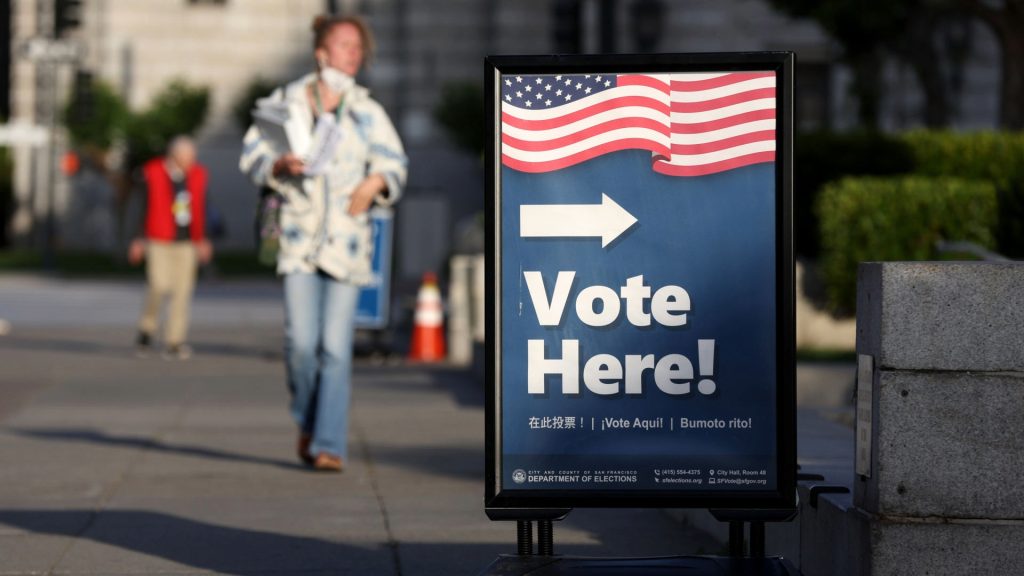
While San Francisco has long been a bastion of progressive politics, rising rates of homelessness, drug overdoses and property crime have led many residents to support more moderate policies.
A Victory For Mayor Breed
Proposition E is a victory for Mayor Breed, who has pushed for pragmatic solutions to these issues, even when they conflict with traditionally progressive values.
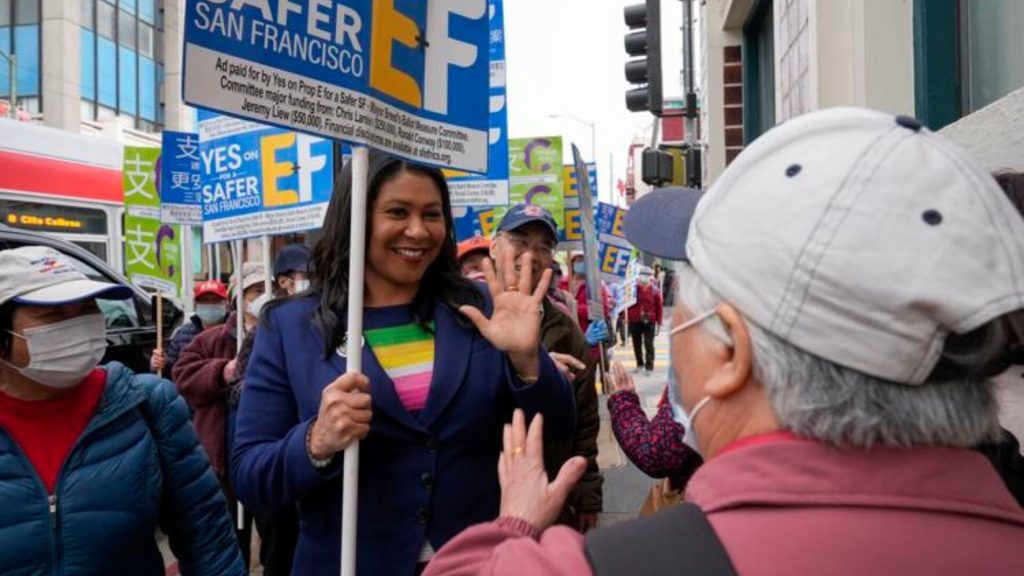
The coming years will show whether the expanded police powers granted by Proposition E achieve the promised benefits of increased public safety or if opponents’ fears of threats to civil liberties and privacy come to pass.
Proposition F Mandates Drug Testing for Welfare Recipients
Proposition F requires mandatory drug testing for anyone receiving public assistance in San Francisco.

According to the details of the proposition, those found to have a substance abuse disorder must participate in a free treatment program to continue receiving benefits. The measure’s passage signals a shift in San Francisco’s progressive politics.
Breed Hopes For Public Safety Improvement
The approval of Proposition F was a win for Mayor London Breed, who proposed the measure to address the city’s issues with drug addiction and overdoses.
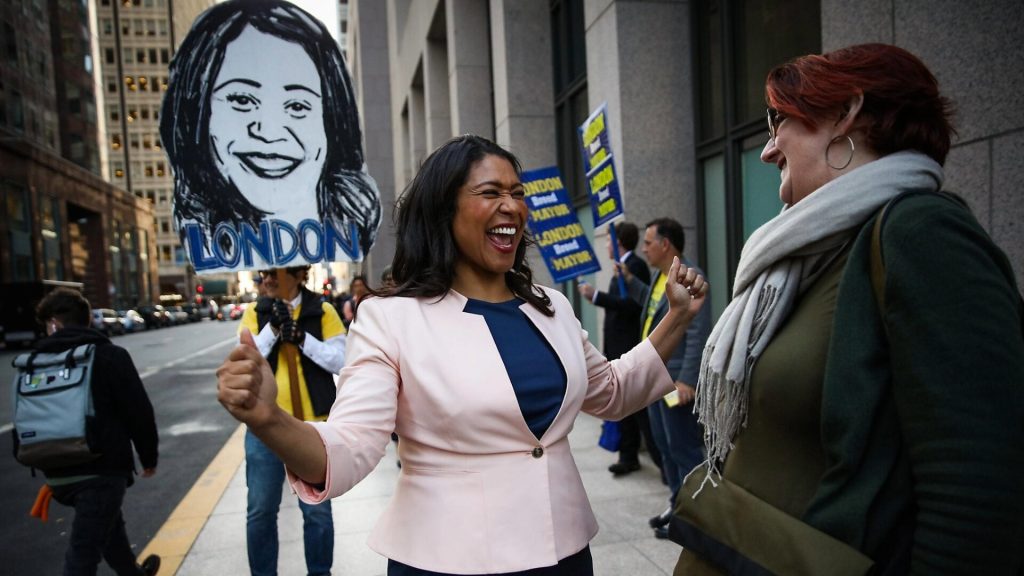
In a statement, she said the passage of Proposition F and Proposition E, which expands police powers, will allow her administration to improve public safety.
Mixed Reactions
Reactions to Proposition F’s passage were mixed. Supporters argue it will help identify those with substance abuse issues and connect them to treatment.
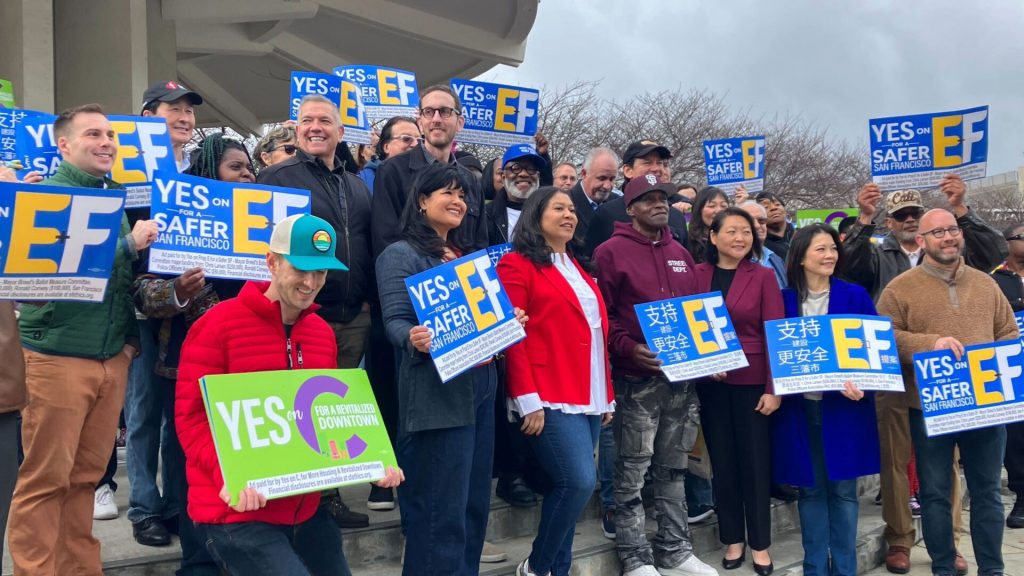
San Francisco Supervisor Matt Dorsey, a Democrat, said he supports the measure because welfare recipients are at high risk of drug addiction and overdose. However, opponents argue that San Francisco lacks the proper resources to implement the measure.
A Shift to the Right?
The approval of Proposition F signals a shift to more conservative policies in San Francisco’s government. Typically, mandated drug testing for welfare recipients is a Republican stance.
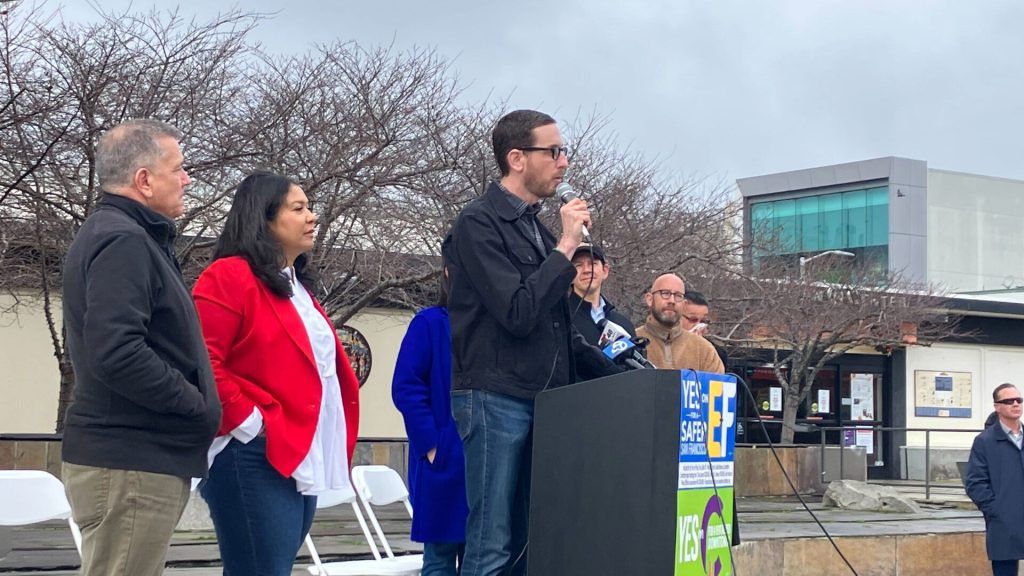
The San Francisco Chronicle declared, “Progressivism is out” in response to the election results. However, Dorsey argues that Proposition F has enough “safeguards” to prevent negative outcomes.
Testing Positive May Require Treatment to Retain Benefits
San Francisco’s voters approved Proposition F, mandating substance abuse screening for anyone receiving public assistance.

According to the details of the measure, those who test positive for drugs may be required to participate in free treatment programs to continue receiving benefits.
Mayor Breed Championed Controversial Measures to Curb Crime
Breed put Proposition E and F on the ballot to gain more control over San Francisco’s rampant crime and drug problems.
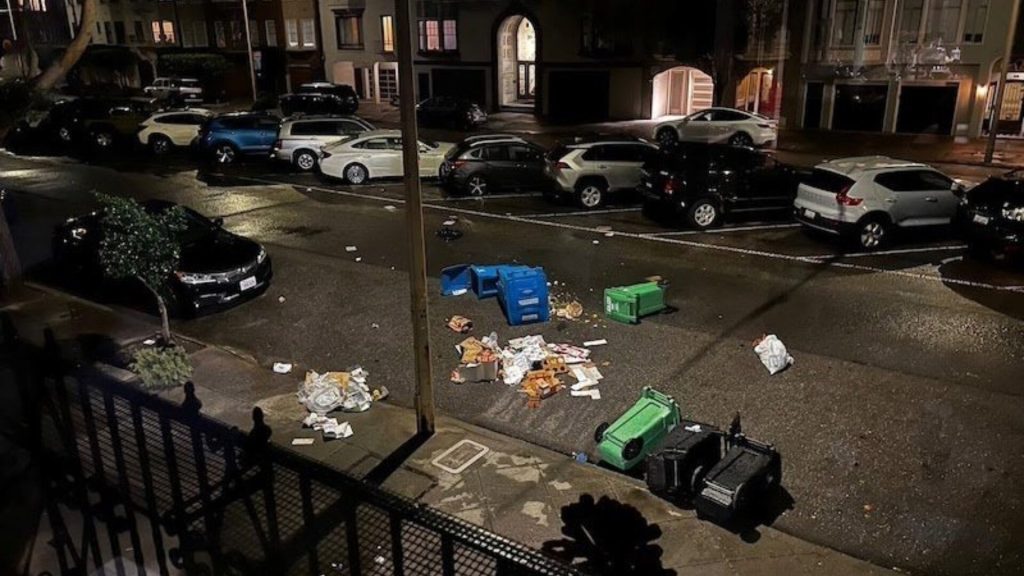
Residents weary of societal problems chose pragmatism over idealism, backing controversial policies promising safer streets and accountability for how tax dollars are spent.
Recent Polls Show Voters Feel City Is on the Wrong Track
According to recent polls, over two-thirds of voters feel the city is headed in the wrong direction.
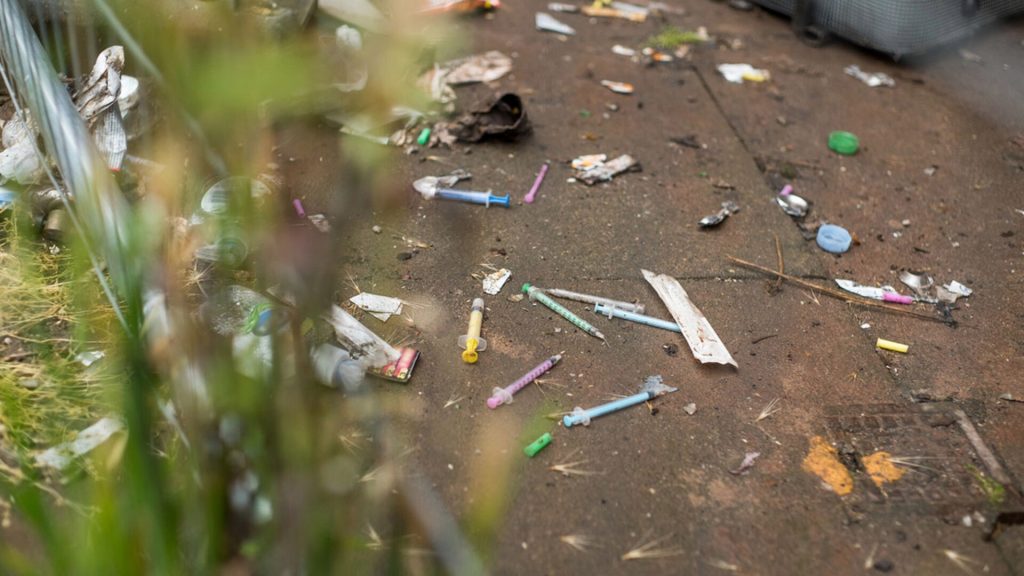
A poll conducted by GrowSF, a moderate political group, found that 74% of voters support using surveillance cameras to fight crime, and 63% approve of police drones tracking criminal suspects.
Supporters Say Measures Needed to Combat Rising Crime and Drug Abuse
The measures’ approval signifies San Francisco can no longer be considered an ultra-progressive city, the San Francisco Chronicle stated.
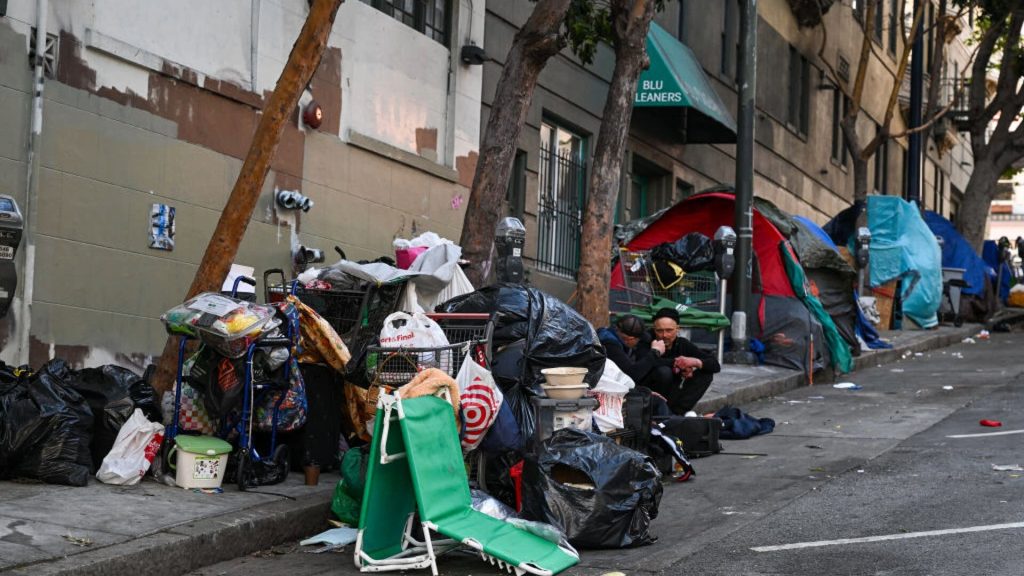
Dorsey called Proposition B, another measure he initially proposed to increase police staffing, “craven political trickery” after it was amended to tie staffing to new taxes. He withdrew support, which failed, with only 32.6% voting in favor.
Crime, Homelessness, and Drug Abuse No Longer Acceptable
Propositions E and F passage represent a major turning point for San Francisco. After years of rising crime, homelessness and drug abuse, voters have sent a clear message that the status quo is no longer acceptable.
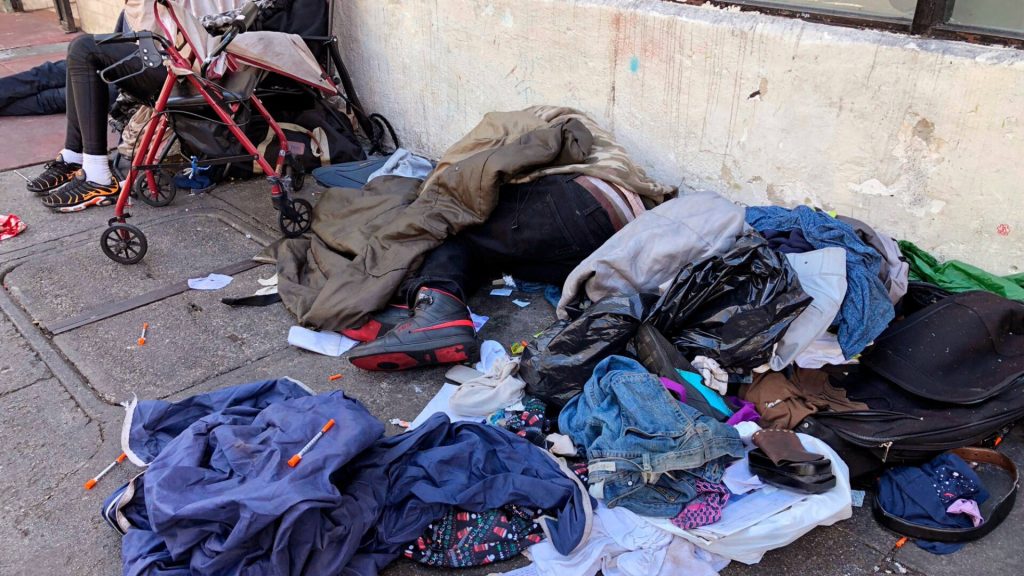
While critics argue these measures go too far, Mayor Breed and her supporters see this as a mandate to take bold steps to restore law and order. Only time will tell whether this tough approach will make San Francisco safer.

